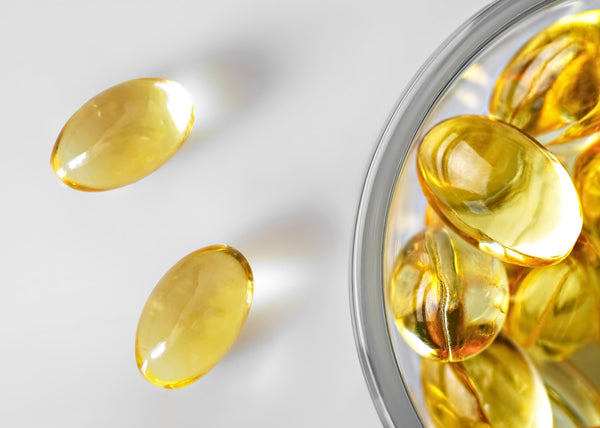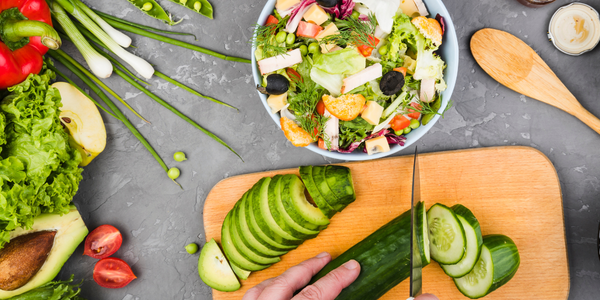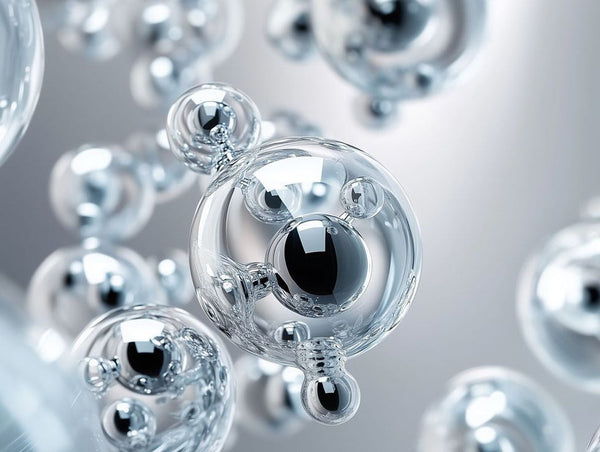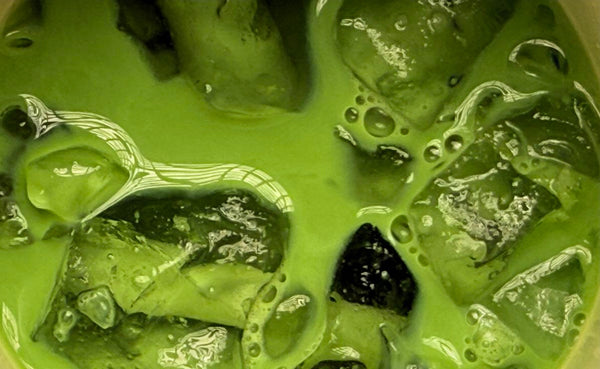What is Collagen?
Collagen is the most abundant protein in the human body, comprising approximately 30% of the body's total protein content. It serves as the primary structural protein in connective tissues, such as skin, tendons, ligaments, and bones, providing strength, elasticity, and firmness. Collagen production naturally declines with age, leading to signs of aging such as wrinkles, joint pain, and weakened cartilage. Incorporating collagen-rich foods and supplements into your diet can help maintain skin elasticity, joint health, and overall vitality.
Health Benefits of Collagen
Collagen offers a multitude of health benefits, making it a vital component of a balanced diet:
1. Skin Health: Collagen improves skin elasticity, and hydration, and reduces wrinkles, promoting a youthful appearance.
2. Joint Health: It supports joint flexibility and reduces symptoms of osteoarthritis.
3. Bone Strength: Collagen provides structure to bones, enhancing their density and reducing the risk of fractures.
4. Gut Health: It helps maintain the integrity of the gut lining, supporting digestion and preventing leaky gut syndrome.
5. Muscle Mass: Collagen supplements can aid muscle mass maintenance and recovery after exercise.
Sources of Collagen
There are various sources of collagen including animal sources and plant-based sources of collagen builders. All of these together form the collagen diet. Some of the best sources of collagen include:
Bone Broth
Bone broth is one of the richest sources of collagen. Made by simmering animal bones and connective tissues, it contains gelatin, a broken-down form of collagen, and essential amino acids and minerals. Regular consumption of bone broth can enhance skin elasticity, improve gut health, and support joint function.
Fish
Fish, especially those with bones and skin, such as salmon and mackerel, are excellent sources of collagen. Marine collagen, derived from fish, is known for its high bioavailability, meaning it is easily absorbed and utilized by the body. It is particularly beneficial for skin health, promoting hydration and reducing signs of aging.
Chicken
Chicken, particularly the skin and cartilage, is a good source of collagen. Chicken feet and necks, often used in soups and broths, are especially rich in collagen. Including chicken in your diet can help maintain healthy joints and support overall skin health.
Pork
Pork skin and cartilage are also rich in collagen. Consuming pork products, such as pork rinds and slow-cooked pork dishes, can provide a substantial amount of collagen, aiding in joint health and skin elasticity.
Vegan Sources of Collagen
While plant-based foods do not contain collagen, they provide nutrients that support the body’s natural collagen production:
Berries
Berries like strawberries, blueberries, and raspberries are rich in vitamin C and antioxidants, which are crucial for collagen synthesis. They protect the skin from oxidative stress and support collagen maintenance.
Beans
Beans are high in protein and contain amino acids necessary for collagen production. They also provide copper, which aids in collagen synthesis.
Tropical Fruits
Tropical fruits such as mango, kiwi, and pineapple are excellent sources of vitamin C and bromelain, an enzyme that aids in collagen formation and reduces inflammation.
Garlic
Garlic contains sulfur, a trace mineral that helps synthesize and prevent the breakdown of collagen. Including garlic in your diet can support overall collagen health.
Tomatoes
Tomatoes are rich in vitamin C and lycopene, both of which support collagen synthesis and protect the skin from UV damage.
Bell Peppers
Bell peppers, especially red ones, are loaded with vitamin C and antioxidants that are essential for collagen production and skin health.
Collagen Supplements
Despite various food sources of collagen, sometimes we do not get an adequate amount of collagen absorbed due to its high molecular size. Hence, collagen supplements with 100% pure and highly bioavailable collagen are ideal. Vegan collagen is ideal for vegetarians and vegans who are keen on avoiding animal-sourced collagen.
Conclusion
Incorporating both collagen-rich foods and vegan collagen sources into your diet can significantly enhance your skin, joints, and overall health. By understanding the benefits and sources of collagen, you can make informed choices to maintain a vibrant and healthy lifestyle. Prioritize your collagen intake through natural foods or supplements for a healthier, more youthful you.



























 DOWNLOAD NOW
DOWNLOAD NOW
